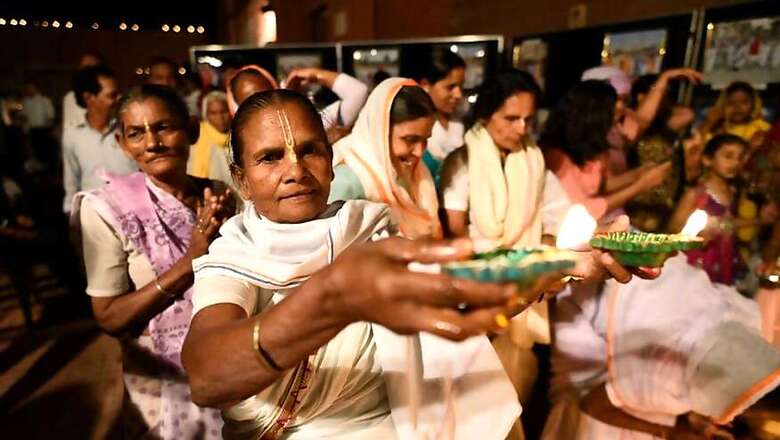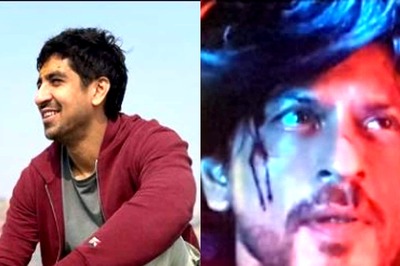
views
New Delhi: In August this year when the Supreme Court formed a panel to devise a working plan to uplift the condition of widows of Vrindavan, the division bench of Justices Madan B Lokur and Deepak Gupta also stressed that the committee should suggest ways to ‘encourage’ widow remarriage.
The six-member committee comprises Suneeta Dhar of NGO Jagori, Meera Khanna of Guild for Service, activist and lawyer Abha Singhal, lawyer Aparajita Singh and one nominee each from NGOs HelpAge India and Sulabh International.
“India does not need any new law for widow remarriage as it would infringe upon the fundamental right of choice and that more employment-linked skill training was needed for the widows to avoid the vicious circle of cultural marginalisation and economic deprivation,” said Khanna.
The committee has been given a deadline to submit its report by November 30 and the panel is currently in the process of studying all the recommendations. It would select the best ones and devise a working plan to rehabilitate and uplift the widows of Vrindavan.
“Widow remarriage is a matter of personal choice. So there can be no law for this. If widow remarriage was considered socially or culturally unacceptable, then there can be a law saying that widow remarriage is not prohibited. Many of these widows who are in the older category do not want to get married,” said Khanna.
Khanna also pointed out the perils of ‘forced’ widow remarriage if a law comes into force. “There are cases where a large property involved... then in an attempt to keep the property within the family, the widow is forced to marry the elder brother of her deceased husband. So, this practice should be stopped. Remarriage is about choice and a law cannot govern it,” said Khanna.
The panel member said the big question is: “How social security schemes can be developed so that economic deprivation of widows does not take place?”
One of the most plaguing issues in Vrindavan has been sexual exploitation of widows. “Migrant women are always vulnerable to sexual attacks,” Khanna told News18.
“There are multiple levels of vulnerabilities. This vulnerability starts at being a widow, then due to a patriarchal society, there is cultural marginalisation, social discrimination and economic deprivation. Hence, vulnerability to sexual assault, molestation and exploitation,” she explained.
Khanna said a ‘statement of purpose’ which was earlier devised by a National Commission for Women (NCW) panel might be of help to tackle the sexual exploitation menace.
“Some of the members from our SC-formed panel were also members of the NCW committee. We had made a SOP on how the government-supported widow homes should function, particularly to prevent sexual assault,” said Khanna.
She said unless widows of Vrindavan were empowered economically, they will continue to be at the mercy of others. “Widows are vulnerable citizens of the country. It is duty of the state to ensure that their vulnerability is not exploited. For this, they need employment-linked skill training.”
“I would suggest that we have to move away from the welfare-based rehabilitation approach for widows to an entitlement-based approach. If there is an educated and wealthy widow, would anyone have the guts to tell her not to enter a puja area?”


















Comments
0 comment